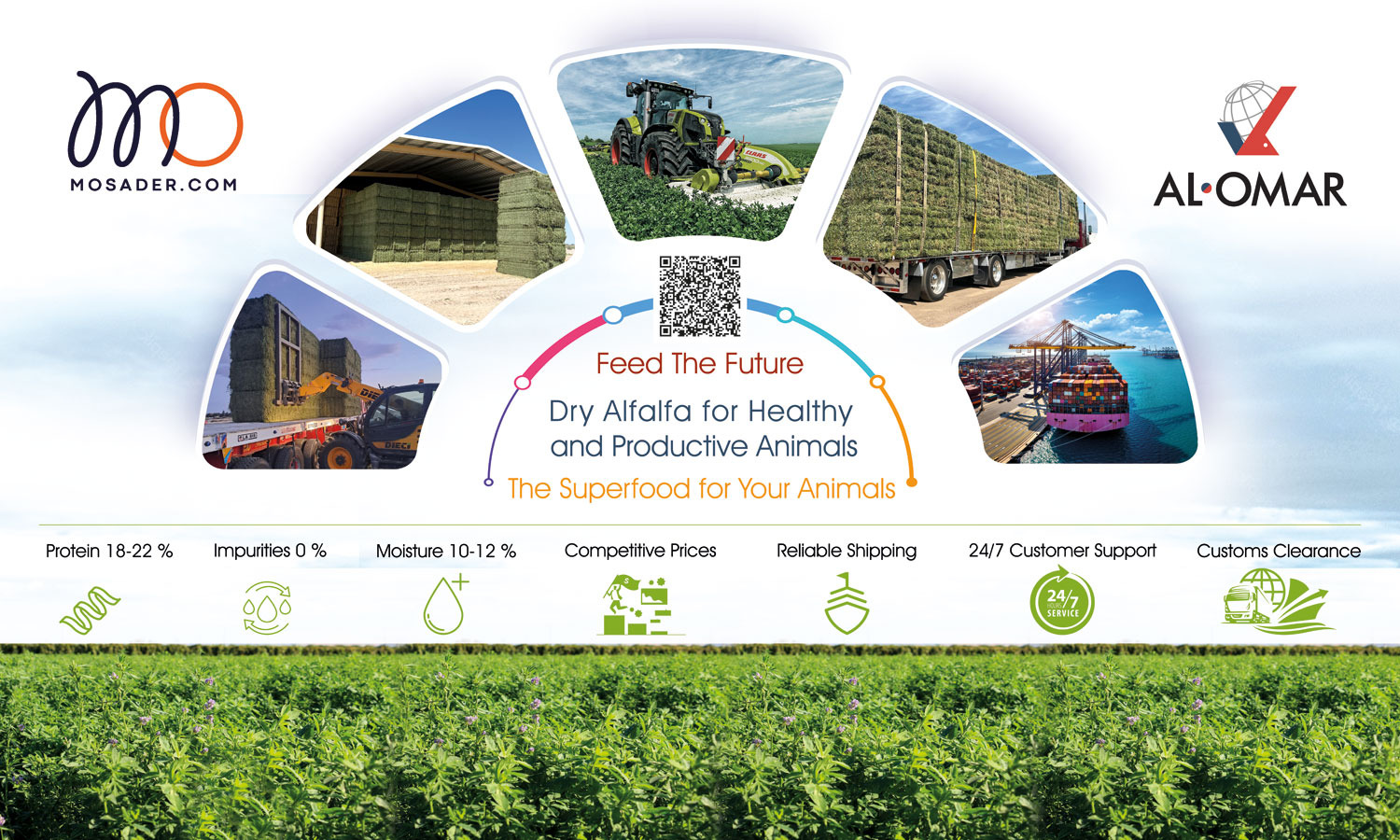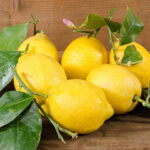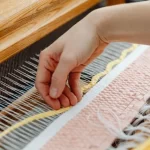What is Alfalfa Hay and Why is it Important?
Alfalfa Hay is a perennial flowering plant that is widely cultivated as a forage crop for livestock. It is known for its high nutritional value and is commonly used as feed for horses, cows and other grazing animals. Dry alfalfa is commonly available in the form of bales or pellets. It can be stored for an extended period without losing its nutritional quality.
In addition to being used as animal feed, dry alfalfa can also be used as a mulching material in gardening and agriculture. It helps improve soil structure, retain moisture, and suppress weed growth.
Nutritional value: Dry alfalfa retains much of its nutritional value even after the drying process. It is rich in protein, typically containing 18-22% protein. It also provides essential vitamins and minerals such as vitamin A, vitamin D, calcium, potassium, and phosphorus. These nutritional components make it a valuable feed option for livestock.
Uses in Livestock Feeding: Dry alfalfa is a valuable component in livestock diets due to its high nutritional content. It is commonly fed to horses, cows, goats, sheep and other grazing animals. It can be fed as a standalone feed or mixed with other forage or concentrate ingredients to create a balanced diet. Dry alfalfa provides essential nutrients, promotes healthy digestion, and helps meet the dietary requirements of animals.
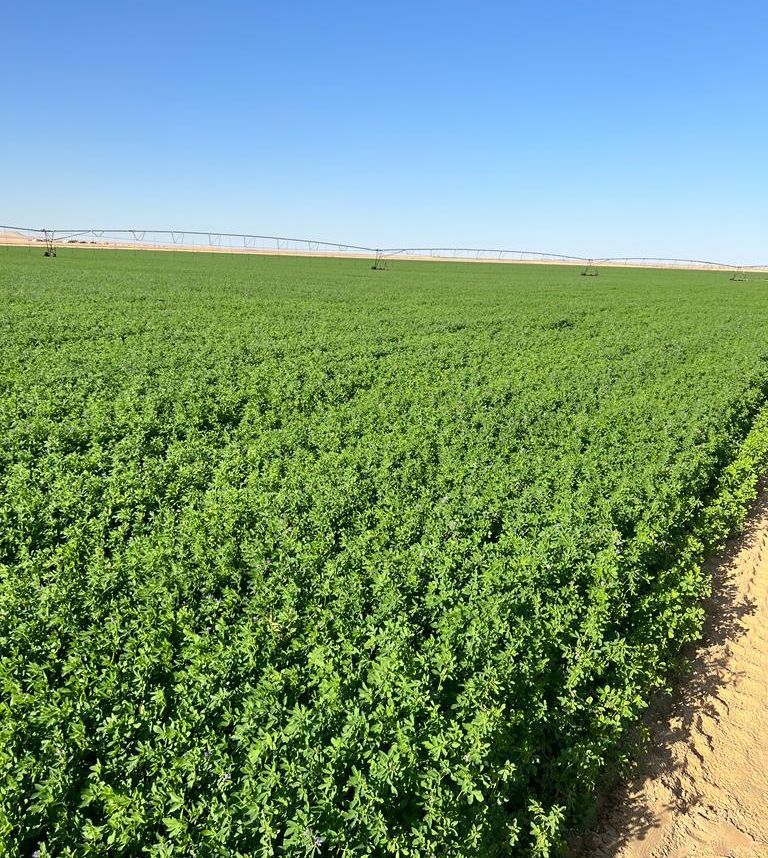
How is the process of harvesting and handling alfalfa hay done?
Harvesting and Drying Process: Alfalfa is typically harvested when it reaches the early flowering stage. At this point, it contains a good balance of leaf and stem material, maximizing its nutritional content. After cutting, the alfalfa is spread out in the field to dry. Sun drying involves exposing the cut alfalfa to sunlight and wind. Mechanical drying methods use equipment such as hay dryers or dehydrators to remove moisture. The drying process can take several days, depending on weather conditions and the chosen method.
Storage and Handling: Once alfalfa is dried, it is baled or compressed into pellets for storage and transportation. Baling involves compressing dried alfalfa into rectangular or cylindrical shapes using specialized equipment. These bales can vary in size and weight. Alfalfa pellets are made by grinding dried alfalfa and compressing it into small, uniform pellets. Both bales and pellets can be stored in a dry, well-ventilated area to maintain their quality. Proper storage conditions help to prevent mold and nutrient degradation.
It’s important to note that the specific uses and availability of dry alfalfa may vary depending on the region and local agriculture practices.
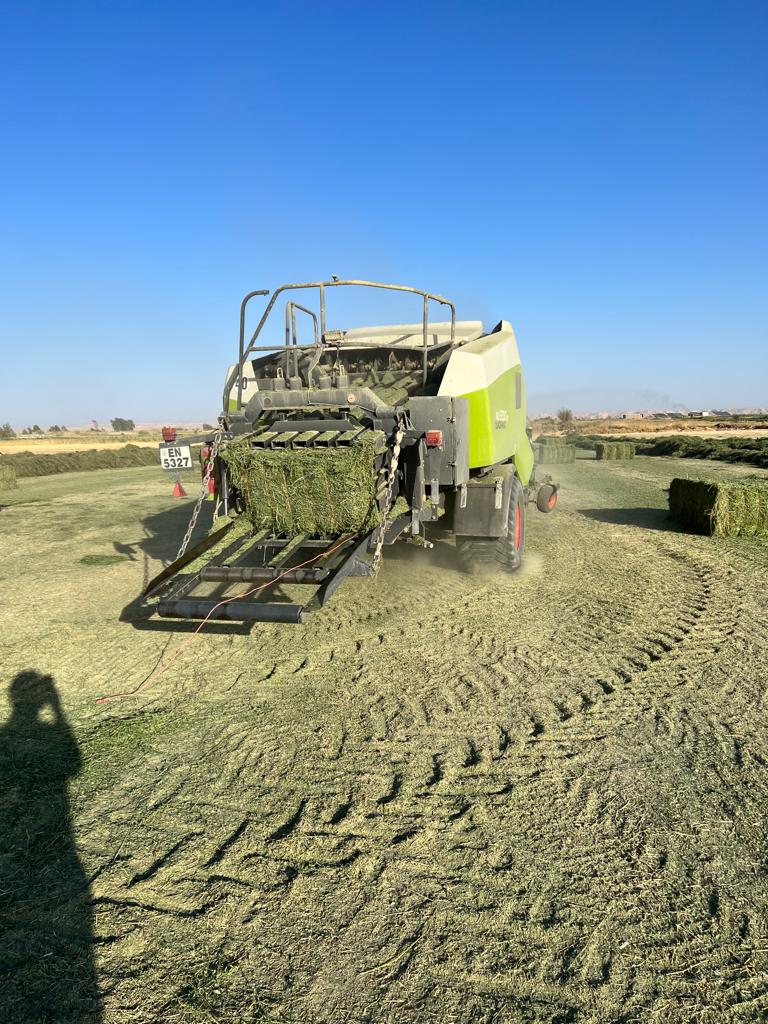
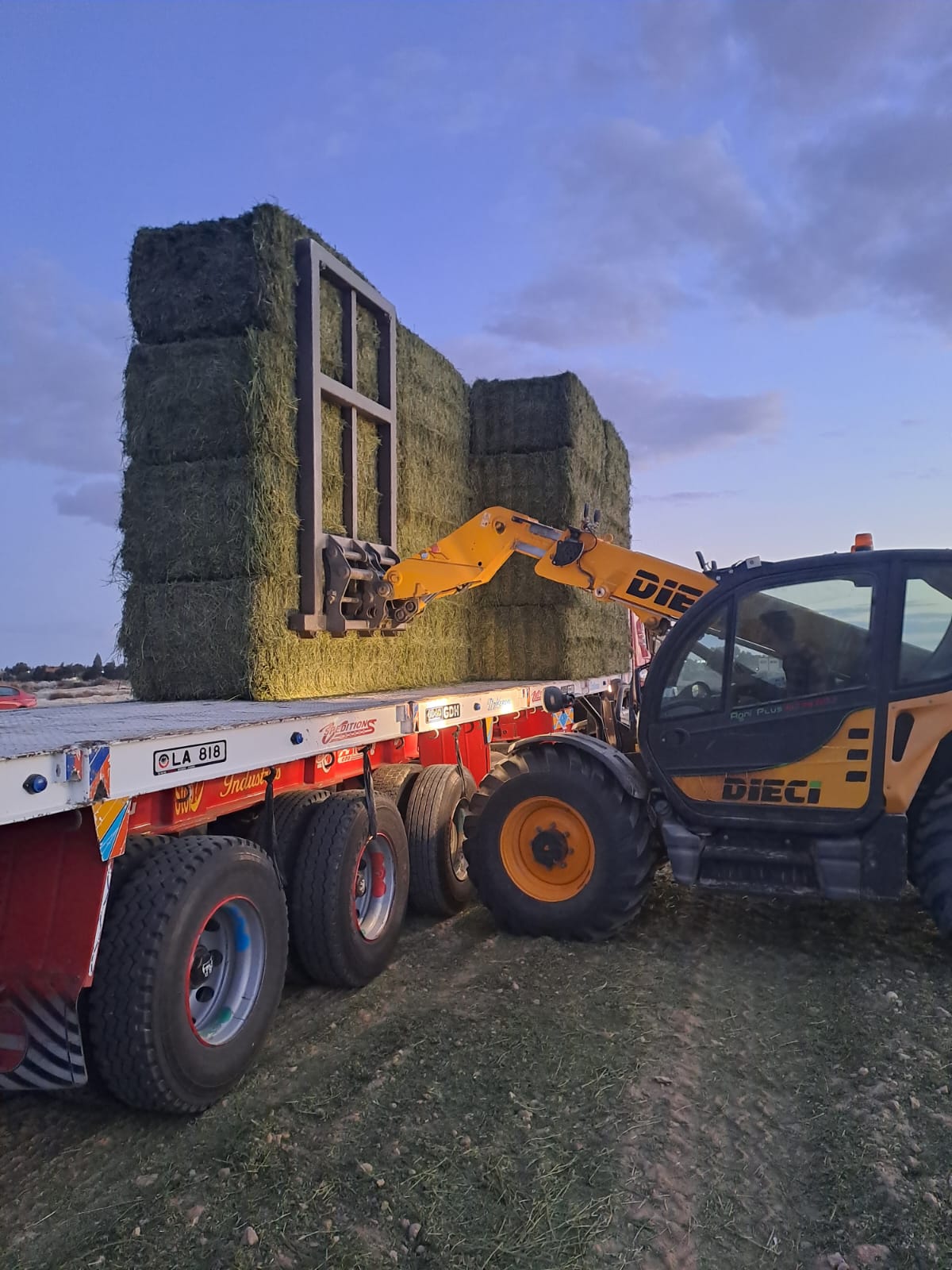
How to Import Alfalfa Hay?
To import alfalfa, you will need to follow these steps:
Identify your supplier : You can find alfalfa suppliers by attending trade shows, contacting agricultural trade associations, or searching online.
Negotiate a contract : Once you have found a supplier, you will need to negotiate a contract that specifies the quantity, price, and delivery terms.
Obtain the required documentation : You will need to obtain the required import documentation from your government. This documentation may include a commercial invoice, a packing list, and a certificate of origin.
Arrange for shipping. You can ship alfalfa by sea, air, or land. The best shipping method will depend on the origin country and the quantity of alfalfa being imported.
Clear customs : Once the alfalfa arrives at your port of entry, you will need to clear customs. This may involve paying customs duties and taxes.
Transport the alfalfa to your warehouse : Once the alfalfa has been cleared customs, you will need to transport it to your warehouse.
Here are some additional tips for importing alfalfa:
Make sure that the alfalfa you are importing meets the import requirements of your country.
Work with a reputable freight forwarder to arrange for shipping.
Keep your supplier updated on the status of the shipment.
Be prepared to pay customs duties and taxes.
Importing alfalfa can be a complex process, but it can be a rewarding one. By following the steps above and following the tips above, you can increase your chances of success.
If you are new to importing, you may want to consider working with a trade consultant. A trade consultant can help you to identify suppliers, negotiate contracts, obtain the required documentation, and arrange for shipping.
We have good news for you! Mosader can provide you with high-quality alfalfa at the best prices, and we take care of the entire import process, including transportation, sea freight, and customs clearance. If you’re interested in importing high-quality alfalfa, please contact us today.
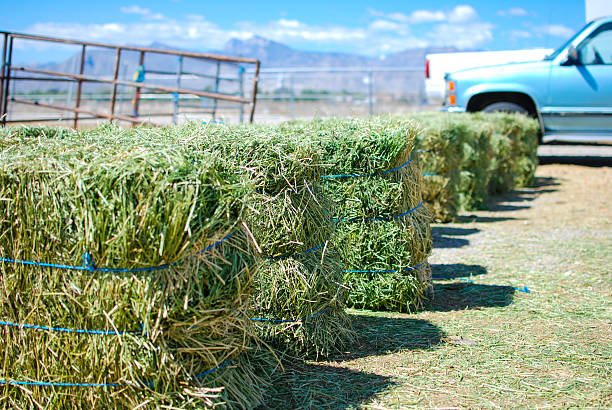
International Trade in Alfalfa Hay
International trade in alfalfa has been growing in recent years. In 2021, the global value of alfalfa exports was over $4 billion. The United States is the world’s largest exporter of alfalfa, followed by Spain, Italy, and Canada. The major importers of alfalfa are China, Japan, Saudi Arabia, and the United Arab Emirates.
The growth in international trade in alfalfa is being driven by a number of factors, including:
Increasing demand for livestock products in developing countries.
The growing popularity of organic alfalfa.
The use of alfalfa in biofuels production.
Alfalfa is a versatile crop that can be used for a variety of purposes. This makes it a valuable commodity for both exporting and importing countries.
Here are some of the key trends in international trade in alfalfa:
The increasing demand for alfalfa from developing countries is being driven by the growing population and rising incomes in these countries.
The growing popularity of organic alfalfa is being driven by the increasing consumer awareness of the health and environmental benefits of organic products.
The use of alfalfa in biofuels production is being driven by the growing demand for renewable energy.
These trends are expected to continue to drive growth in international trade in alfalfa in the coming years.
Egypt’s alfalfa hay exports
Egypt is one of the world’s leading exporters of alfalfa, accounting for over 10% of global exports in 2021. The country’s alfalfa exports have been growing steadily in recent years, driven by increasing demand from countries such as China, Saudi Arabia, and the United Arab Emirates.
Egyptian alfalfa is highly regarded for its high quality and competitive price. The country’s climate is ideal for alfalfa production, with long, hot summers and mild winters. This allows Egyptian farmers to produce multiple harvests of alfalfa each year.
Egyptian alfalfa is also known for its high nutritional value. It is a good source of protein, fiber, and vitamins, making it an ideal feed for livestock. Egyptian alfalfa is also used in a variety of other products, such as food supplements and cosmetics.
At Mosader, we are proud to be the destination for alfalfa products in Egypt. We grow alfalfa on the fertile sandy loam lands of our western desert, harvest it, and dry and press it without losing any nutritional value. We follow up on the product at each stage until it reaches the customer from the first hand, including shipping.
For More : CLICK HERE
